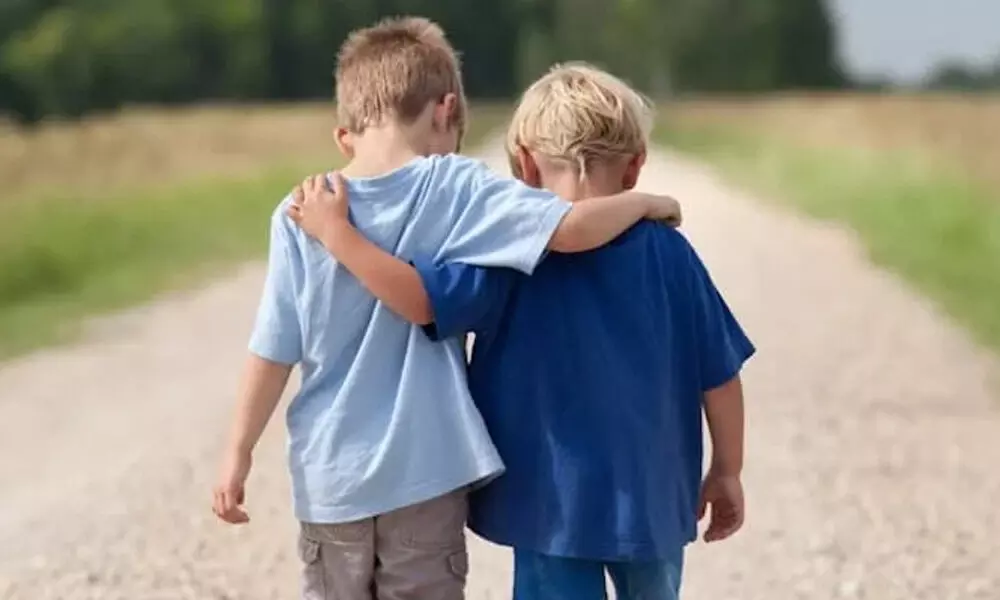Live
- Tensions Mount In Manipur As Missing Meitei Man Sparks Protests
- Allahabad High Court To Review Dual Citizenship Allegations Against Rahul Gandhi
- Tollywood mourns the loss of lyricist Kulasekhar
- Labourer's Mortal Remains Negligently Disposed Four Arrests Made Thus Far
- How Businesses Can Encourage Innovation And Collaboration In Diverse Workforce
- City Teenager Recovers from Rare Rickettsial Meningoencephalitis
- WHO-IARC twisted data -CAMPCO chief
- Karthikeya unveils title logo of ‘Abadameva Jayathe’
- Gaddar’s final masterpiece ‘Ukku Satyagraham’ set for Nov 29 release
- Chandrababu unveils plans for deep technology Iconic Building in Amaravati









